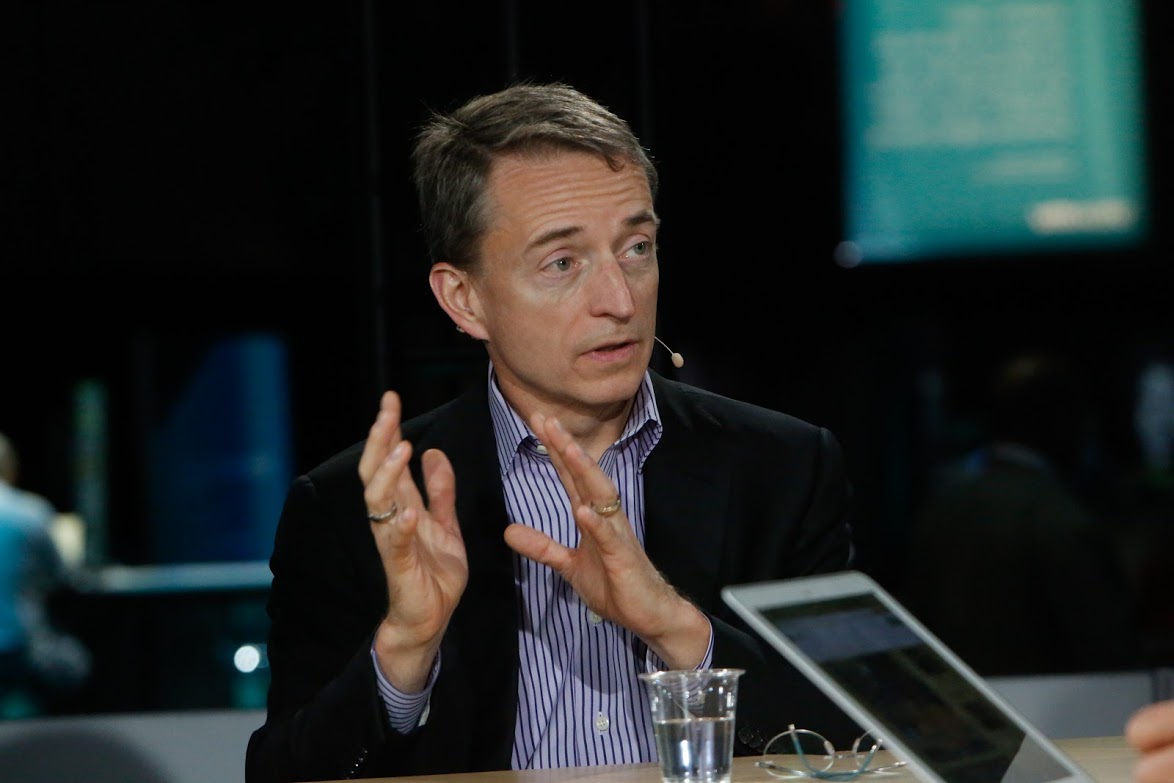 INFRA
INFRA
 INFRA
INFRA
 INFRA
INFRA
Updated:
Intel Corp. is making another bid to expand its chip manufacturing operations.
This time around, it’s acquiring the Israeli chipmaker Tower Semiconductor Ltd. for $5.4 billion, or $53 a share, in cash. The announcement early Tuesday followed a report Monday in the Wall Street Journal on the talks, which estimated the purchase price at $6 billion. Intel said it expects the deal to close in about 12 months.
Tower had a market value of about $3.6 billion, so Intel is paying a pretty steep premium to acquire the company at the reported price. Intel has made no secret of its desire to expand its chip manufacturing capacity, not only to meet demand from its own customers amid a global shortage of silicon chips, but also to pursue its ambitions to become a chip contract manufacturer and make chips for other companies besides itself.
“Tower’s specialty technology portfolio, geographic reach, deep customer relationships and services-first operations will help scale Intel’s foundry services and advance our goal of becoming a major provider of foundry capacity globally,” Intel Chief Executive Pat Gelsinger (pictured) said in a statement. “This deal will enable Intel to offer a compelling breadth of leading-edge nodes and differentiated specialty technologies on mature nodes – unlocking new opportunities for existing and future customers in an era of unprecedented demand for semiconductors.”
Notably, Intel recently tried and failed to acquire GlobalFoundries Inc., a much larger chip manufacturer that was previously owned by Advanced Micro Devices Inc. It’s believed Intel did place a bid for that company, but the offer was ultimately rejected, with GlobalFoundries’ owner, Mubadala Investment Co., an investment arm of the Abu Dhabi government, deciding to opt for an initial public offering instead. GlobalFoundries now trades on the Nasdaq index and has a market value of about $30 billion.
Tower also trades on the Nasdaq. It’s a smaller operation but it has a pretty wide area of focus, manufacturing semiconductors for cars, consumer products, medical and industrial equipment. It has production sites in California, Texas, Israel, Italy and Japan, with its headquarters based in Migdal HaEmek, Israel.
For its part, Intel noted that “Tower operates a geographically complementary foundry presence with facilities in the U.S. and Asia serving fabless companies as well as IDMs and offers more than 2 million wafer starts per year of capacity – including growth opportunities in Texas, Israel, Italy and Japan.”
Holger Mueller of Constellation Research Inc. told SiliconANGLE that if it was not clear before that Intel is challenged by a serious production capacity deficit, today’s news very much proves that it is.
“The ‘old’ Intel would have scoffed at buying used factories, as it used to insist any fabs were Intel-designed to strict specifications from the get-go,” Mueller said. “The new Intel under Pat Gelsinger is being forced to get more creative, as its pursuit of Tower shows. The downside for Intel is that acquiring chip capacity comes at a very steep price.”
That Intel is paying a substantial premium is clear, but the company may feel it’s worth it, as it would acquire not only immediate manufacturing capacity but also existing customers in key sectors such as manufacturing, industrial and mobile, said Charles King of Pund-IT Inc.
“Expanding capacity and improving production quality are processes Intel is deeply knowledgeable about and can also be accomplished more quickly than building entirely new fabs,” the analyst explained. “In essence, the deal would provide Intel valuable breathing room in manufacturing, as well as footholds in areas where it has long term strategic plans. Overall, it seems like a solid and sensible deal that will cost a fraction of the $30 billion that GlobalFoundries reportedly thought it was worth.”
Intel has already announced plans to invest about $20 billion to build new chipmaking capacity at its existing U.S. facilities in Ohio. Gelsinger said the extra capacity would be up and running by 2025, and that Ohio site may eventually grow to accommodate eight fabs, though doing so would require spending of about $100 billion.
Overall, Intel has currently pledged to make more than $100 billion worth of investments around the world to build out its chipmaking capacity, with additional sites earmarked for Europe as well.
Support our mission to keep content open and free by engaging with theCUBE community. Join theCUBE’s Alumni Trust Network, where technology leaders connect, share intelligence and create opportunities.
Founded by tech visionaries John Furrier and Dave Vellante, SiliconANGLE Media has built a dynamic ecosystem of industry-leading digital media brands that reach 15+ million elite tech professionals. Our new proprietary theCUBE AI Video Cloud is breaking ground in audience interaction, leveraging theCUBEai.com neural network to help technology companies make data-driven decisions and stay at the forefront of industry conversations.